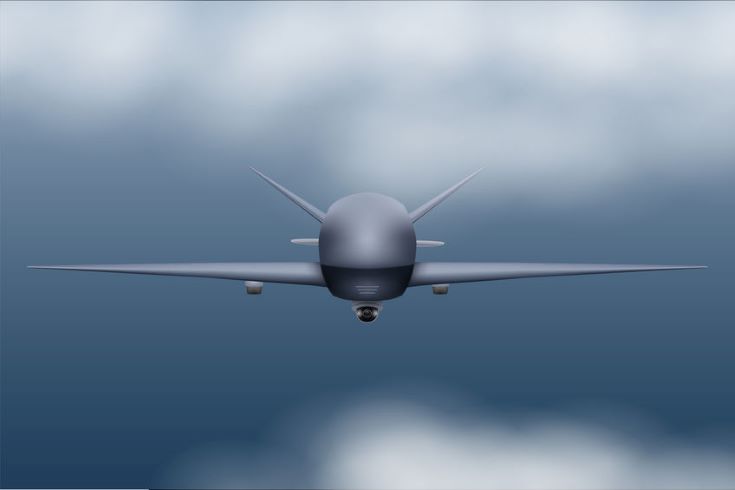Defining national security
The Oxford Research Group (ORG) held a series of online roundtables to understand the risks and challenges remote warfare could present over the next five years and how the Integrated Review could address these. Abigail Watson, Research Manager at ORG's Remote Warfare Programme asks the key question: How should the UK define its national security?

When it comes to remote warfare, there is often an assumption that short-term engagements are lower risk than conventional deployments. However, such deployments can have a detrimental impact on the true drivers of conflict, such as poor governance and inequality. Image: batareykin/123rf
The Covid-19 pandemic has not just been a health crisis; it has had huge implications for how we live our lives, interact with each other, and conduct international affairs. In future conversations about national security strategies the implications of the pandemic will be a dominant feature. Despite the UK’s own Integrated Security, Defence, Development and Foreign Policy Review – or the ‘Integrated Review’ – being delayed, the recent memories and continued realities of the pandemic will loom large even when British policymakers do re-start their efforts to plan the next five years of UK defence and security strategy.
This is, perhaps, not the type of conversation many policymakers thought they would be having when the Integrated Review was announced in February 2020. Those who thought the conversation would be about aircraft carriers, post-Brexit trade deals and cyber capability may have been surprised to find health resilience and flattening the curve at the forefront of a debate about what is required to protect British people. Yet, few would now argue that these issues are not relevant to how we conceptualise and plan for protecting UK national security. In this sense, Covid-19 represents the latest challenge to traditional understandings of national security.
The argument that national security should be defined more broadly is not new. Support for an integrated approach to addressing insecurity has gathered considerable momentum over the years amongst intergovernmental organisations, policymakers, non-governmental organisations and think-tanks.
Unfortunately, these ambitious and promising ideas have often been followed by UK engagement which has prioritised immediate national interests and short-term objectives. In fact, the UK Government’s decision that it would merge the Foreign and Commonwealth Office (FCO) and Department for International Development (DfID) was announced as a way to “better serve our national interest”. As a result, short term (often militarily-focused) responses continue to be the go-to for the UK as it seeks to address instability abroad.
This is especially problematic when it comes to remote warfare. There is often an assumption that these types of engagements are lower risk than conventional deployments and so the longer-term consequences are poorly understood. However, these deployments can have a detrimental impact on the true drivers of conflict, such as poor governance and inequality.
To address this, the UK needs to better conceptualise its understanding of national security. By acknowledging and accounting for all the drivers of conflict – and recognising that addressing them with a cross-governmental approach is also in the UK’s own national interests – the UK can ensure that all its engagements work towards a more peaceful and prosperous world.
Read the full briefing here. This content is reproduced under a Creative Commons licence with permission from the Oxford Research Group.
Abigail Watson, 10/07/2020